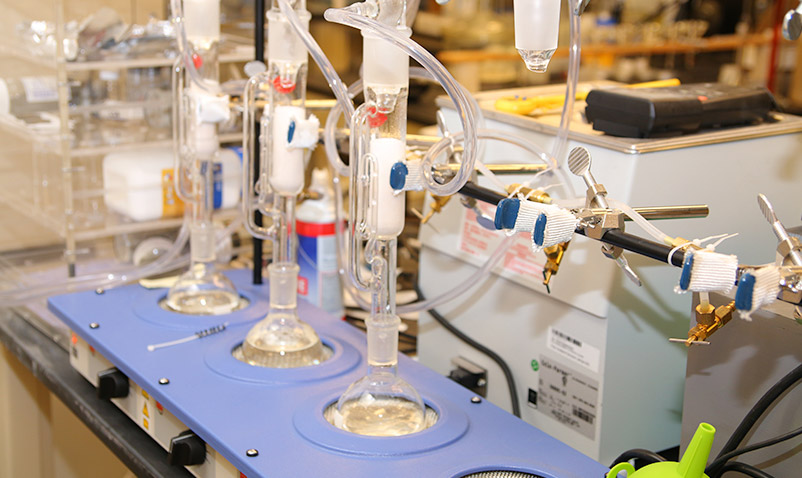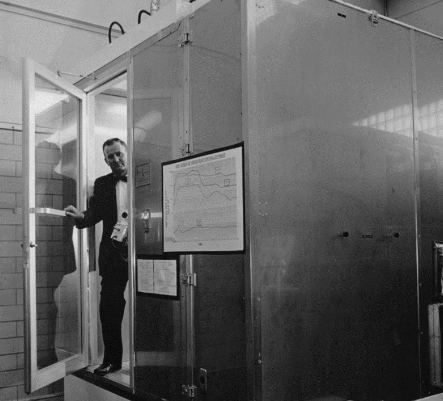In the ever-evolving realm of scientific research, the need for standardized procedures is becoming increasingly apparent. Standardization ensures consistency, reproducibility, and reliability in scientific experiments, ultimately advancing our understanding of the natural world. This blog post explores the importance of standardizing scientific procedures and the potential benefits it brings to the scientific community.
The Current Landscape: Scientific research spans a wide range of disciplines, each with its unique set of methodologies and procedures. While diversity in approaches is essential for innovation, the lack of standardization can pose challenges. Inconsistent methods hinder the reproducibility of experiments, making it difficult for researchers to build upon each other’s work. This variability also introduces uncertainties, raising questions about the reliability of scientific findings.
The Need for Standardization: Standardizing scientific procedures involves establishing a set of guidelines, protocols, and best practices that researchers across different laboratories can follow. This ensures uniformity in experimental conditions, measurements, and data analysis. The benefits of standardization include:
- Reproducibility: Standardized procedures enable researchers to replicate experiments accurately. This is crucial for validating results and building a robust foundation for scientific knowledge.
- Comparability: Uniform methods allow for easier comparison of results across studies, facilitating meta-analyses and the identification of patterns or trends.
- Efficiency: Standardization streamlines the research process, reducing the time and resources required to conduct experiments. This efficiency accelerates the pace of scientific discovery.
- Quality Control: Standardized procedures act as a form of quality control, minimizing errors and ensuring the reliability of data. This is particularly important in fields where precision is paramount.
Challenges and Considerations: While the benefits of standardization are clear, implementing it across diverse scientific fields is not without challenges. Researchers may resist conforming to standardized procedures due to the unique aspects of their work. Striking a balance between flexibility and uniformity is crucial to address these concerns.
Additionally, standardization efforts should be inclusive, involving input from experts across various disciplines. A collaborative approach ensures that the guidelines developed are comprehensive and applicable to a broad range of research endeavors.
The Future of Scientific Standardization: As technology advances and interdisciplinary research becomes more common, the need for standardized procedures will only intensify. Organizations, funding agencies, and scientific communities should actively support initiatives that promote standardization. This includes developing and updating guidelines, providing resources for implementation, and fostering a culture that values reproducibility and reliability.
Standardizing scientific procedures is not about stifling creativity or imposing rigid constraints. Instead, it is a collective effort to enhance the robustness and credibility of scientific research. By embracing standardization, the scientific community can build a foundation for more reliable, reproducible, and impactful discoveries that shape the future of knowledge.



